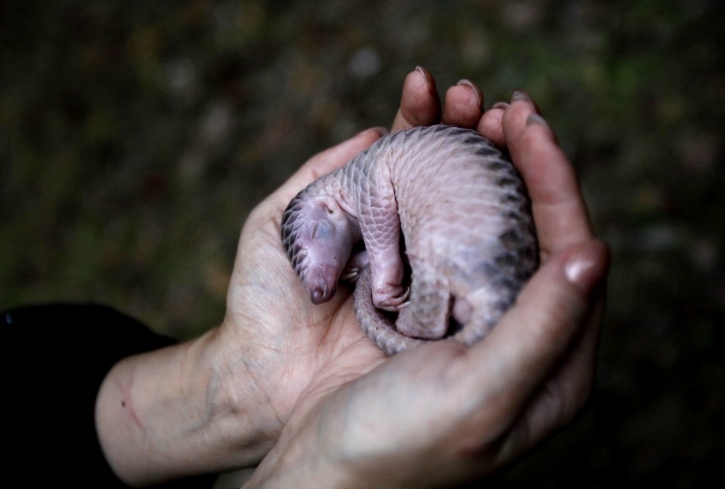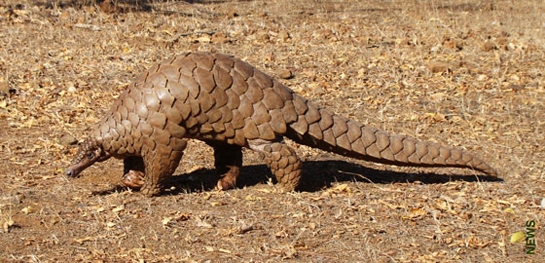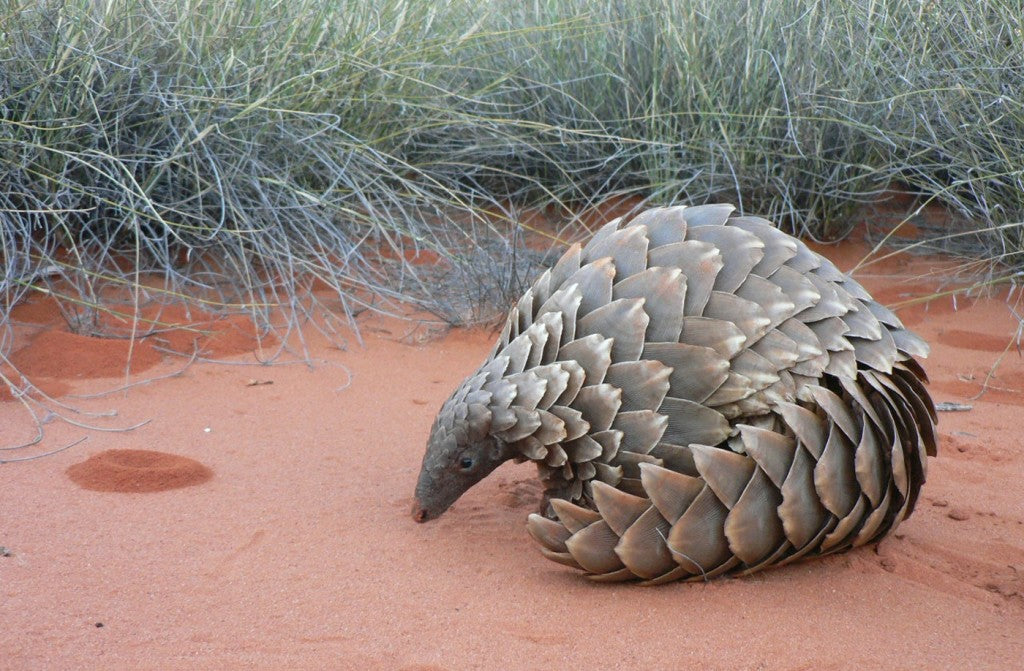World came together to rekindle an idea of a utopian planet, where animals have equal space and equal rights to breathe and grow, just as humans. 182 Nations have signed an accord that bans the trade of India Pangolin which is rampant due to its high demand in China and Vietnam. Pangolins are small exotic looking creatures found in Asian and African countries including India where they are commonly known as the scaly anteaters.
The unfortunate tag of being the world’s most trafficked mammal surrounds this animal. They are illegally captured and trafficked for their meat and scales (used in Vietnamese & Chinese medicines). This poor creature is struggling to sustain its dwindling numbers, almost on the brink of extinction. According to the International union for the Conservation of Nature, more than a million were hunted down for illicit trade in the past decade. Each year a shocking 100,000 Pangolins are captivated and sold off.
 Demand for Pangolin Flesh and Scales is high in China and Vietnam due to its Medicinal and Culinary Value and poses a threat to the Trade Ban imposed by 182 countries. Image: IndiaTimes.com[/caption]
Demand for Pangolin Flesh and Scales is high in China and Vietnam due to its Medicinal and Culinary Value and poses a threat to the Trade Ban imposed by 182 countries. Image: IndiaTimes.com[/caption]
The good news is that 182 countries have voted for a complete ban on the trade of the Indian Pangolin, as well as breeds from Philippine, Sunda, China and Africa at the Convention on the International Trade in Endangered Species of Wildlife (CITES). The 2016 summit was held recently at Johannesburg, South Africa and unanimously decisions were sought to prohibit commercial trade of all the 8 species of Pangolin.
[caption id="attachment_16567" align="aligncenter" width="545"] The exotic Indian Pangolin is now an endangered species due to excessive hunting. Image: bigstory.ap.org[/caption]
The exotic Indian Pangolin is now an endangered species due to excessive hunting. Image: bigstory.ap.org[/caption]
Worst affected are the pangolin populations in east and central Africa often succumbing to satiate Chinese consumers. Demand for its meat is high in Vietnam too. Apart from meat another thing desired from this animal are its scales made up of a protein called keratin that have found a place in conventional Chinese medicines. We can only hope the ban succeeds in ending illegal smuggling of the animal in Africa where poverty stricken rural population do not consider protecting animals important especially those that can be sold even for a few hundred dollars; further there is a lack of awareness on conservation goals that only makes matters worse.

